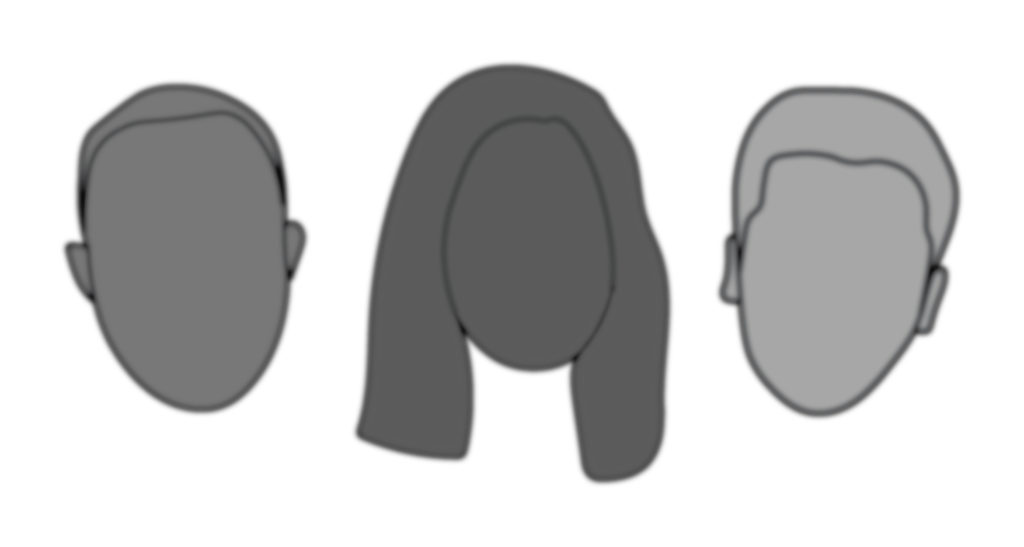Whether or not you consider yourself involved in media, there is a high chance that you have been involved in a conversation about it. In film, controversial releases like “Ghost in the Shell” and “The Great Wall” have driven conversations on whitewashing, while Oscar-winner “Moonlight” was almost not awarded.
Meanwhile in advertising, the efforts of Black Lives Matter were packaged and reframed to sell more product for Pepsi, while also trivializing the movement’s struggle. These and many other incidents may be different in the specifics but have one important thing in common: they relate to the representation, or lack thereof, of disempowered groups in society.
“Media representations of minority groups in mainstream U.S. media tends to move from absence of any representation, to simple—often negative—representation with only one or two elements of identity being presented to an audience, to more complex and nuanced representations that take into account multiple, intersecting elements of identity,” said communications professor Rick Malleus.
Blanket Fort Films, in association with the Northwest Film Forum, is aiming to capture this phenomenon and the media environment surrounding it in their upcoming presentation, “Checking the Gate: Representation in Media,” presented at the Northwest Film Forum of April 26.
The event will be led by Kela Hall, founder and CEO of the KD Hall Foundation, who previously served as the Secretary of the Seattle Association of Black Journalists. Hall will deconstruct how women, people of color and the LGBTQ community are portrayed in media and the impacts that these portrayals have on their daily lives. The content of the presentation will combine media literacy and history with advocacy in an effort to educate and empower viewers.
“This month’s symposium takes more of a social justice perspective from its presenter, Kela Hall,” said Brody Willis, Executive Director for Blanket Fort Films. “It will seek to answer why LGBTQIAs, POC and women are still relegated to the margins of media, both behind and in front of the lens.”
Willis, along with the rest of Blanket Fort Films, are tightly connected to the subject of this presentation. As a non-profit film production group, their goal is to help people with these identities produce their own content and tell their stories.
Blanket Fort Films lends out its talent and equipment at little to no cost to members of these communities, and is also staffed by LGBTQ, POC and female-identified film crews. As such, while “Checking the Gate” may be different from the type of content they usually present, it is very relevant to their values and goals as an organization.
The event will open to the public with free admission, making it accessible to students at Seattle University. It presents the opportunity to reinforce classroom discussions on race, gender, sexuality and their intersection with the media.
Though these are all subjects many students at Seattle U are familiar with, it is not every day that we see them discussed en masse. Checking the Gate will not only provide the opportunity to discuss topics one may not see inside the classroom, but will also engage with the broader Seattle community, presenting its unique perspectives.
“As someone who identifies as a queer woman of color, I would be interested in attending this event,” said Jelly Rivera, third year strategic communications major. “Representation of POC and LGBTQ folks in the media are not emphasized in most of my classes. The classes I’ve taken tend to focus on standard themes, like crisis management and communication writing. This event seems like an opportunity to learn about communication in a new perspective.”
Though “Checking the Gate” promises to be a very effective resource for learning about minorities in the media, it does not have to be one’s first and final exposure to the subject. There are many other means through which students can prepare for and add on to the content of the presentation.
“Students should remember that the U.S. media are but one source of information from which they get information about different minority groups.” Malleus said. “Our social networks, on and offline, help us filter and process the mainstream media images we consume, so students should keep in mind that their peers, friends and family are also part of the filters through which we come to know things about different minority groups.”
“Checking the Gate” will take place at the Northwest Film Forum on Wednesday, April 26. For more information, on “Checking the Gate,” visit www.facebook.com/bff4evrr/.
Carlos may be reached at
ccervantes@su-spectator.com






